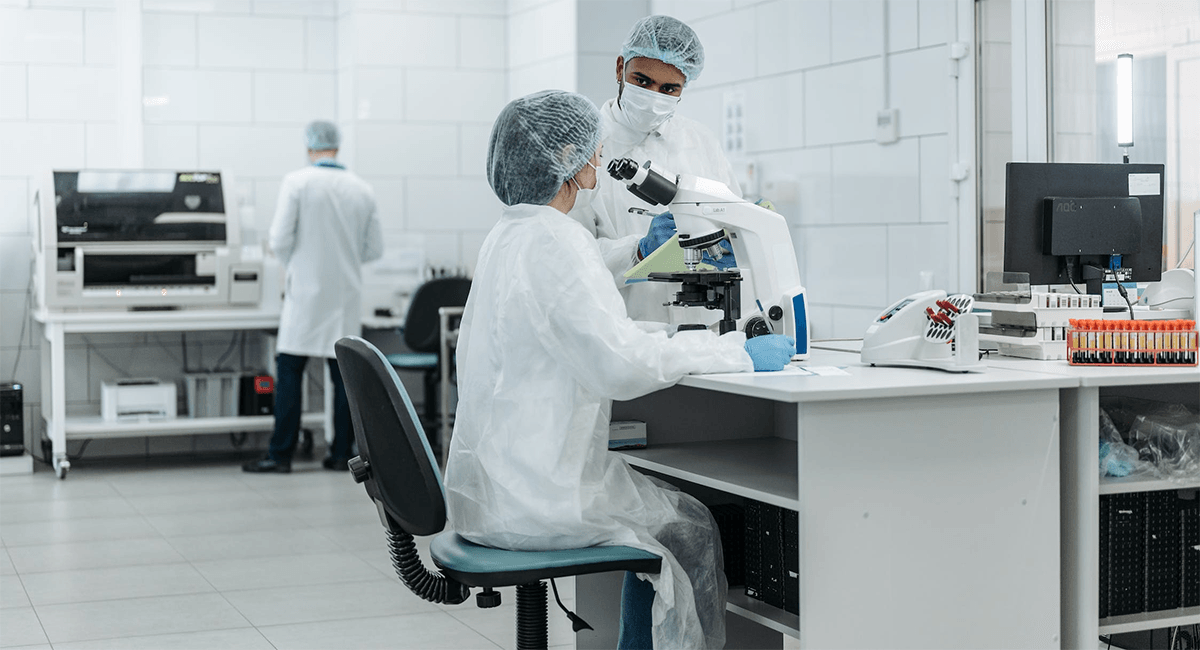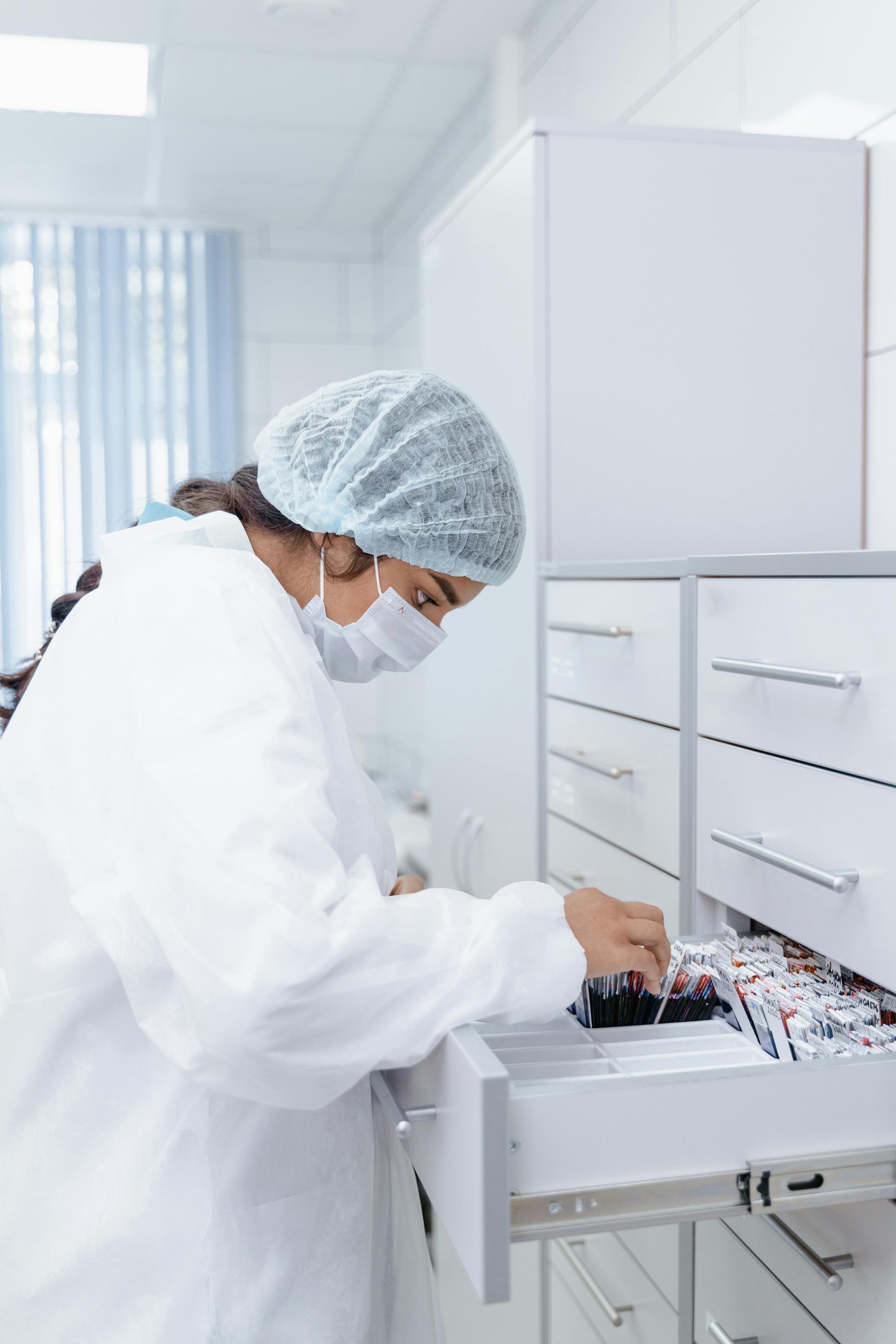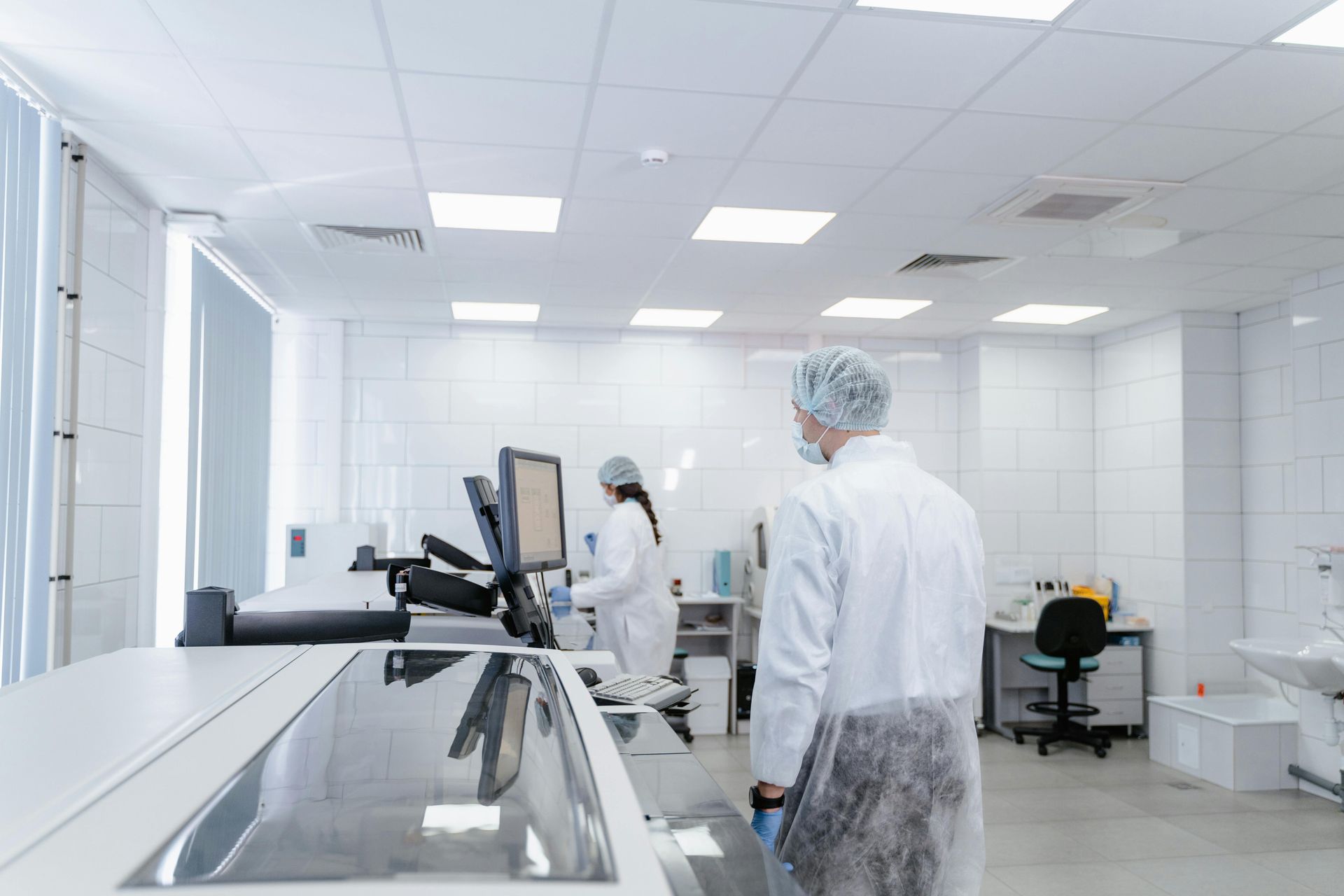The Critical Role of GMP Training in Pharmaceutical Manufacturing: Lessons from ACRL's FDA Inspection
A recent FDA audit resulted in a warning letter sent to Advanced Cosmetic Research Laboratories (ACRL) detailing multiple violations of Good Manufacturing Practices (GMP) standards. ACRL was given time to receive and respond to the warning and implement corrective actions.
We can take several lessons from ACRL’s FDA inspection and resulting warning letter. The key running theme is that GMP standards must be met for organizations to remain in operation. Failing to comply can result in fines, penalties, seizure, and injunctions.
GMP is not optional for many industries, including pharmaceuticals and cosmetics. Non-compliance can result in steep fines or even jeopardize the entire business. Even if auditors do not identify lacking standards, pharma products may be less effective or harm end users.
The ACRL ruling serves as a strong example of why GMP standards must be adhered to, the thoroughness of external audits, and the necessity of continuous
GMP training throughout the industry. Keep reading as we dive deeper into this specific case and what it means for all pharma manufacturers. Paragraph

Understanding GMP and Its Importance in Pharma Industry
GMP is a series of regulations enforced by the FDA and other international organizations to ensure all pharmaceutical products that reach end users are produced according to strict quality standards. GMP is applied to several industries, but its application in the pharmaceutical industry is critical to being able to offer products to end users.
GMP in the pharma industry describes standards at every stage in the pharmaceutical manufacturing process, including raw materials, facilities condition, equipment maintenance, and staff training. Non-compliance with GMP standards can result in steep fines and penalties. A recent FDA audit of ACRL is a case study of what may happen when organizations fail to meet GMP standards.
The FDA’s findings highlighted multiple deficiencies in manufacturing processes, including safety and quality concerns with the company’s products. We’ll be exploring this audit as a case study of why maintaining compliance is business-critical for all pharmaceutical companies.
The Impact of Inadequate Training on Pharmaceutical Quality
There is a strong correlation between trained personnel and the quality of pharmaceutical products. GMP training helps professionals throughout the pharma manufacturing process abide by these quality standards to ensure a consistent and effective end product.
Employees who do not have a thorough understanding of these standards will struggle to meet them in their specific roles.
GMP training courses designed with a focus on their role are critical to both compliance and ensuring a consistently high-quality end product.
Once trained, employees are able to ensure all pharmaceutical products are manufactured under conditions that avoid contamination, errors, or ingredient mix-ups that can significantly affect the quality of the end result.
Key Components of Effective GMP Training
A comprehensive GMP training program imparts the knowledge and skills necessary to keep up-to-date with regulatory changes. Initial training is certainly important, but employees should undergo continuous training to be aware of changes that affect how they perform their specific roles.
What makes an effective GMP training course? A few components of an effective training program are:
- Learning overall GMP requirements
- Understanding how to maintain instrumentation or equipment
- Proper documentation, records-keeping, and change control as it pertains to the specific role.
- How to find the latest version of specific standards when necessary
These items are a high-level, general perspective of what employees should understand after completing a GMP training course.
However, the specific courses will drill deeper into specifics pertaining to the role. For example, the materials covered in GMP Training for the QC Laboratory will vary from Good Manufacturing Practices Training.
Case Study – ACRL’s FDA Inspection
What did the FDA’s inspection of ACRL discover? The FDA’s warning letter is not an all-encompassing breakdown of violations, but we can still explore the overall categories to understand better what went wrong:
- Failed to keep the buildings used throughout the manufacturing process in good repair.
- The quality control unit failed to conduct its responsibility to ensure all drug products meet Current GPM and meet established standards for “identity, strength, quality, and purity.”
- Misbranding violations and unapproved new drugs.
The letter’s conclusion gave ACRL 15 working days to respond and implement corrective action. A reason was required if the necessary changes could not be implemented in time.
What if ACRL ignores the warning or has inadequate corrections? In the FDA’s own words, “Failure to promptly and adequately address this matter may result in regulatory or legal action without further notice including, without limitation, seizure and injunction.”
The overarching lesson from the ACRL is to prioritize GMP from the beginning to avoid finding yourself in a similar situation that may jeopardize the entire business.
How ACRL responds to the FDA’s warning remains to be seen, but it’s clear that every organization involved in pharmaceutical manufacturing needs to ensure all employees are effectively trained to ensure ongoing compliance.
Benefits of Online GMP Training for Pharma Personnel
Providing employees with online GMP training helps organizations to avoid the mistakes made by ACRL. In-person training and online courses are both valuable for imparting the necessary skills to personnel. A few key benefits of online GMP training are:
- Develop a culture of compliance and continuous improvement: Online GMP training fosters a culture focused on maintaining a high-quality end product and compliance throughout the organization.
- Receive training without requiring travel and related expenses: Employees are able to learn remotely to accommodate their existing schedules and minimize the time spent away from their responsibilities.
- Attend courses tailored to the needs of the pharmaceutical industry: GMP has become widely applied to various industries. Attending a course that covers specific pharma GMP standards, best practices, and regulations is vital.
- Interactive modules and multi-media training: Learning from a book or PDF can be excellent, but online training allows for a more dynamic learning experience that helps employees better understand and retain course material.
- Straightforward continuous education to stay informed: GMP standards have continually changed over the years and will certainly continue to evolve as necessary. Online GMP training courses allow organizations to keep employees up to date on these changes, even if they’ve already gone through initial training.
Employee training is critical to ensure your business maintains GMP standards to avoid non-compliance actions and manufacture a high-quality product. Patients expect reliably consistent medications and medical devices — GMP standards help you meet these expectations.
Continuous GMP Training is Critical for Compliance and Quality
We’ve seen how GMP standards are crucial to avoiding fines and penalties for non-compliance. The FDA and other regulatory agencies globally require GMP compliance for pharmaceutical manufacturing. GMP training courses impart a thorough understanding of these standards and how to meet them in their current roles.
Additionally, GMP training is a regulatory requirement and a fundamental component of pharmaceutical excellence. Even without external audits and the possibility of non-compliance, GMP is the foundation for ensuring products are of high quality and provide the expected medical benefits patients require.
CfPIE is an industry leader in GMP training tailored to several roles throughout pharmaceutical manufacturing. Our programs prepare employees to ensure consistent quality and full compliance with GMP requirements.
Explore the following GMP courses today to prepare your workforce to remain compliant and manufacture high-quality products:
- GMP Training for the QC Laboratory
- Good Manufacturing Practices Training
- Change Control - GMP Requirements and FDA Enforcement
In addition to these courses, CfPIE also offers a
GMP Facility Compliance Program that ensures your facility would pass an FDA audit or inspection.
Blog Categories
Stay Informed


